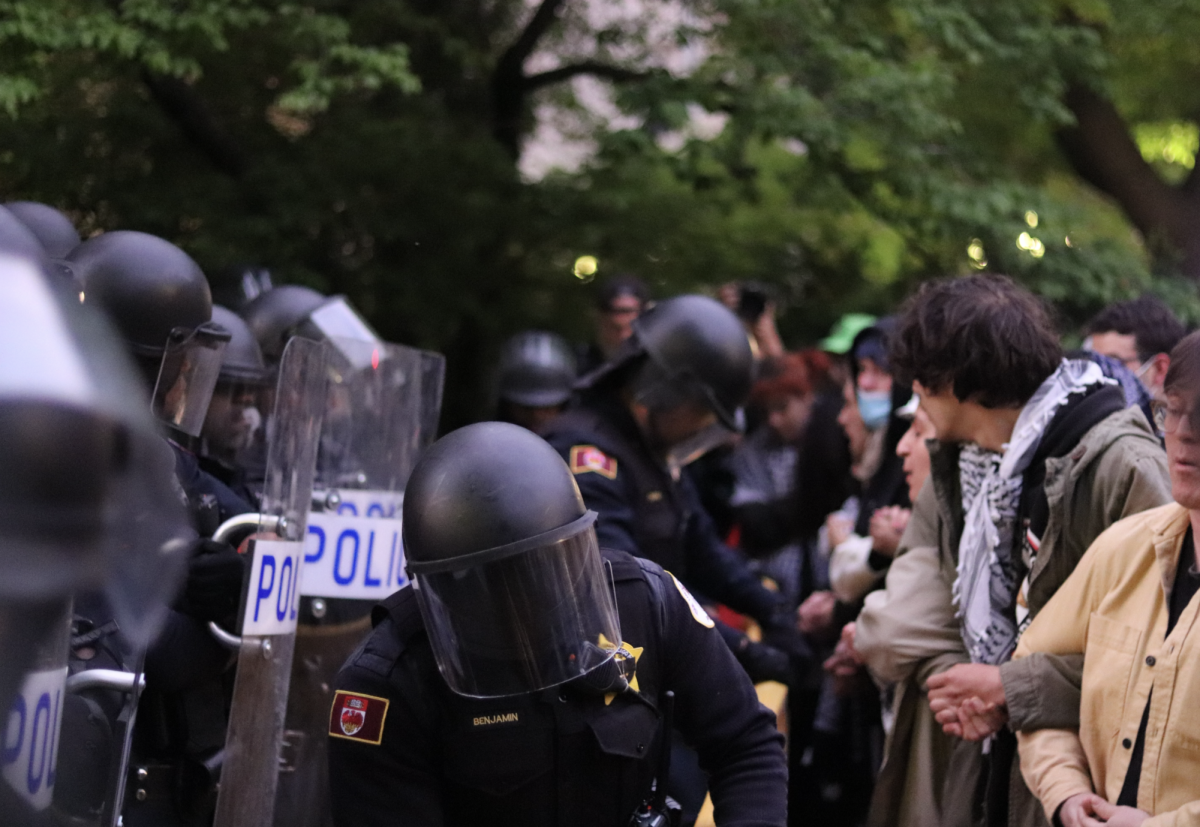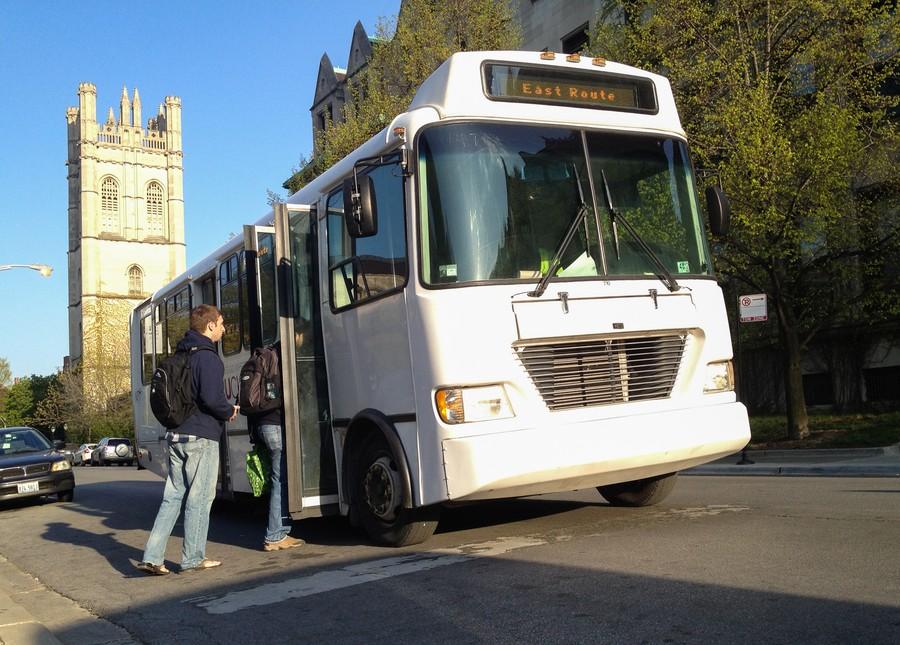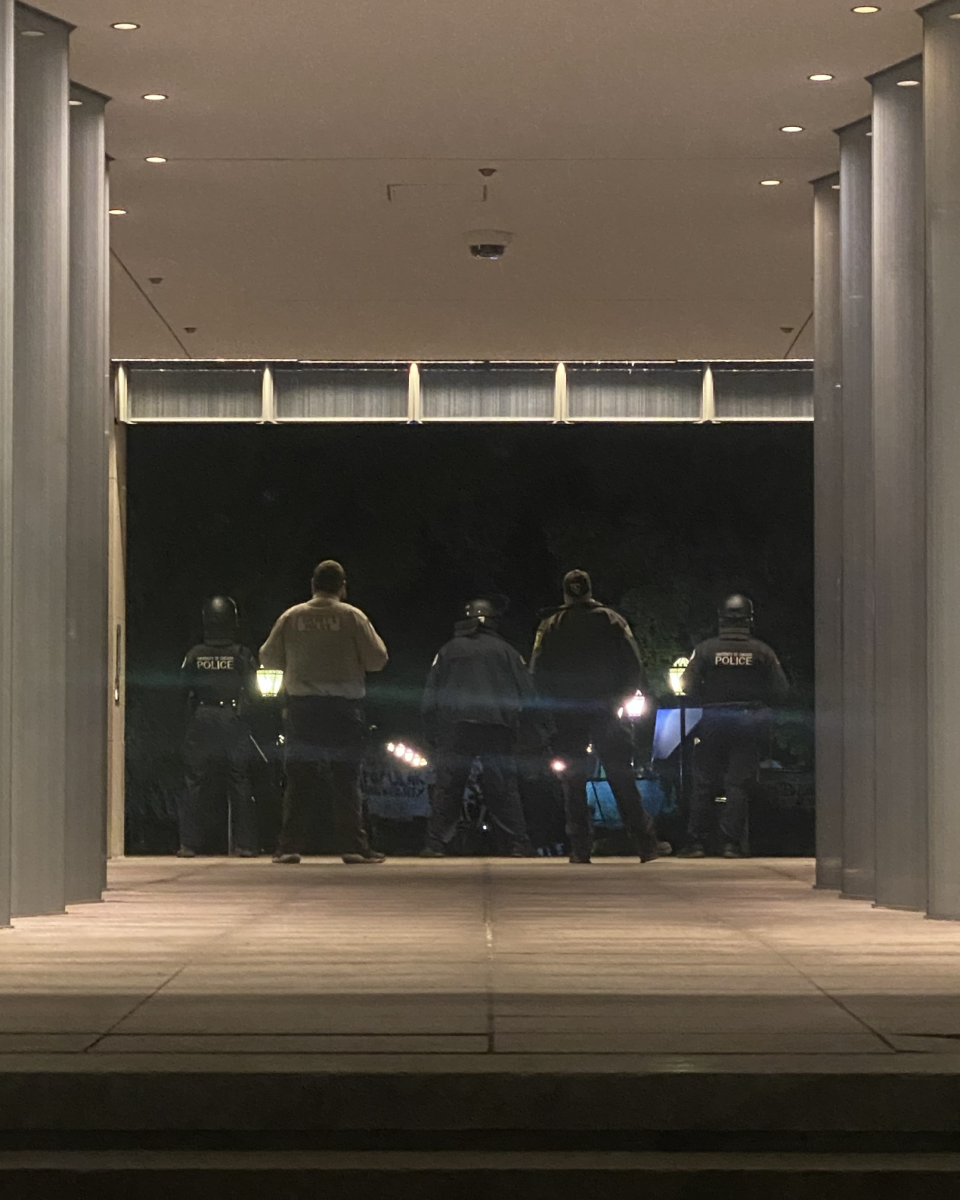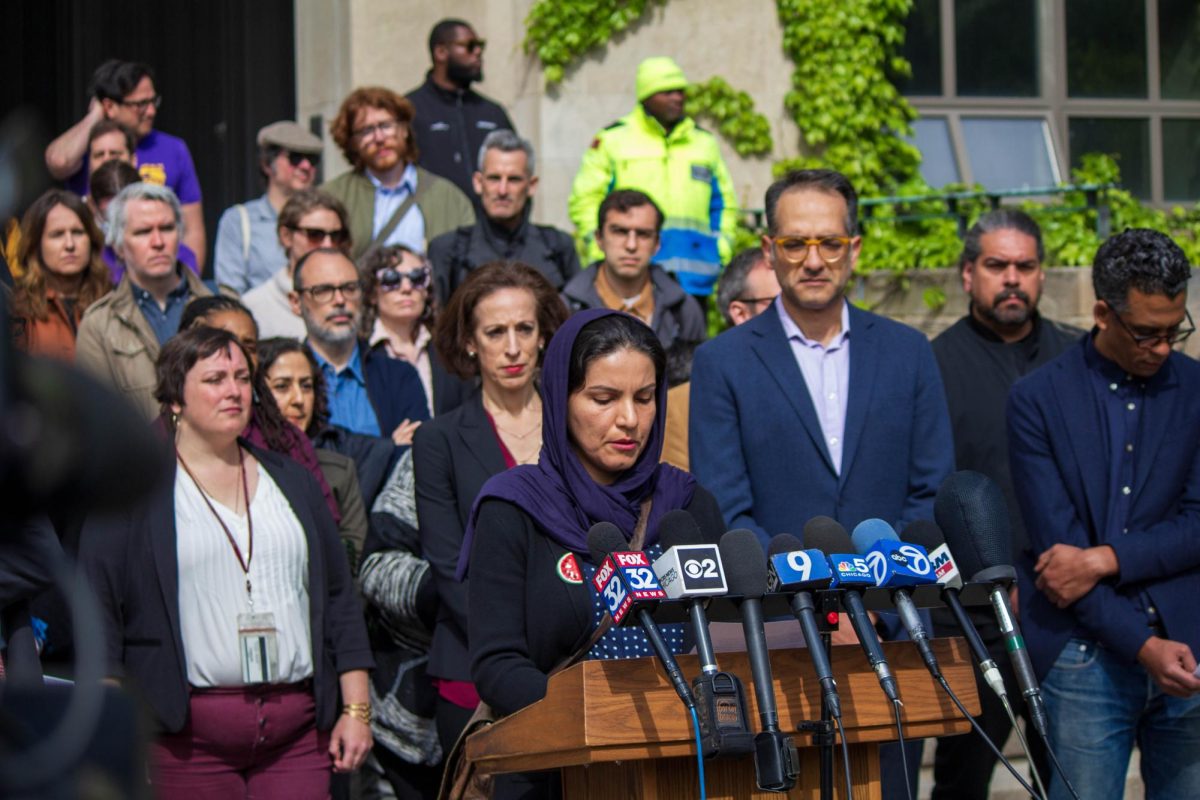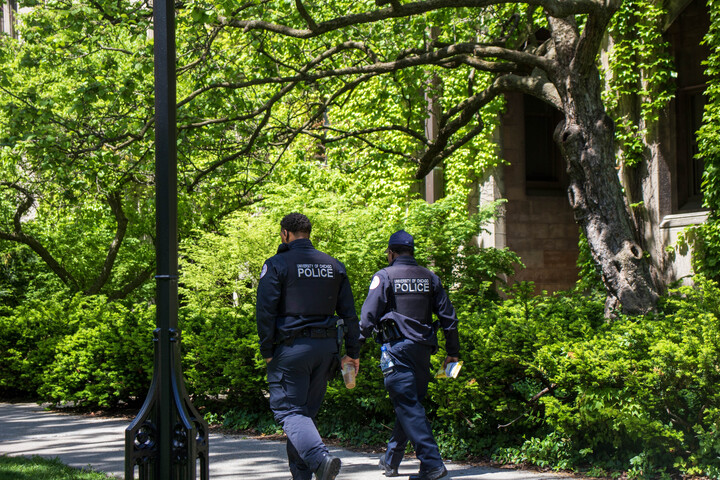In an age of globalization, is the search for the next Great American Novel narrow-minded and archaic? At his Humanities Day lecture “What is World Literature?” Sascha Ebeling, professor of South Asian languages and civilizations, made his case for the end of “nationalist literature” and called for a new era of “world literature.”
Ebeling, who teaches the first-year humanities sequence Readings in World Literature, traced out a genealogy of the concept of world literature beginning in the early 19th century, when the German poet and thinker Johann Wolfgang von Goethe first popularized the term weltliteratur. Ebeling argued that in order to fully understand what it means to be human, literature departments must teach books from all of the languages of the world. According to a study Ebeling cited, 90 percent of comparative literature graduate education and research today is directed to three percent of the literatures of the world.
For Ebeling, a canon that restricts itself to one’s own national literature, language, or even the Western hemisphere defeats what he sees as literature’s purpose of increasing empathy in readers. “The future of the humanities must be broader,” said Ebeling, who made reference to the fact that although he grew up in a small German hamlet, he now teaches an eclectic array of texts, including the Mahabharata and Beowulf, to students from all over the world. While Goethe valued Greek literature above others and viewed Chinese, Egyptian, and Persian literatures as “mere curiosities,” Ebeling argued that every literature is equally valuable and that in a digital age, universities are now capable of giving underrepresented literatures their due attention, a vision for the study of world literature that is idealistic and yet appealing.


